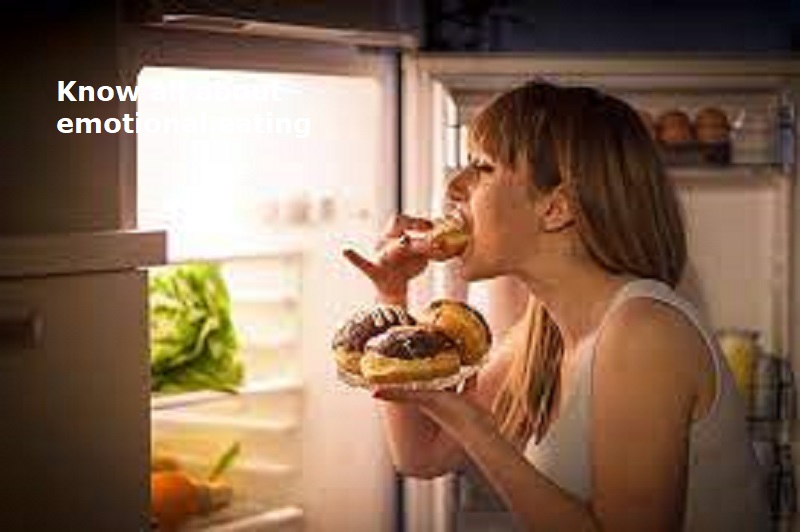
Emotional eating refers to using food as a coping mechanism for both good and adverse feelings. Several people faces this issue. This may negatively affect their general health and well-being.
In contrast to physical hunger, emotional eating is typically motivated by psychological or emotional needs rather than nutritional requirements.
There are no distinct symptoms or indications of emotional eating. Here are 8 signs of emotional eating:
Also Read; Simple tips to control postpartum hair fall
Eating when not hungry: When someone eats even when they are not hungry, this is one of the most obvious indications of emotional eating. They eat to satiate an emotional need rather than to nourish their bodies.
Food Cravings: People who emotionally eat could develop cravings for particular foods based on their feelings.
Eating by themselves: Emotional eaters can prefer to eat by themselves or in silence.
No control over appetite: Emotional eaters could have trouble controlling their appetites and preventing overeating.
Comfort food: Even after they are full, emotional eaters could keep eating. Regardless of the quantity of food they eat, individuals could get comfort or pleasure from the process of eating.
Guilt eating: Many people experience guilt or embarrassment after overeating emotionally. Insomnia may result from these unfavourable feelings.
Triggers: Specific triggers are frequently what causes emotional eaters to engage in their eating behaviour. These triggers might be emotional occurrences, stresses, or environmental signals like seeing a favourite dish or being in a certain place.
Escaping Emotions: The most typical indicator of emotional eating is turning to food for solace and security.

Post Your Comments